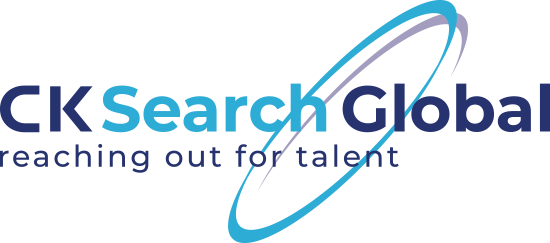Some four in five (79%) of accounting firms are seeing an increase in flexible working as a result of Covid-19 – with a third (33%) of accountants already working a four day week, according to new research from FreeAgent.
The report, which surveyed 525 accountants from across the UK, explores how the profession has adapted to recent challenges and how it is approaching the future – with innovative new ways of working, more focus on Environmental, Social, and Governance (ESG) and the need for improving digital skills among the most important issues highlighted by those in the accounting profession.
FreeAgent found there is a “significant disparity” in hybrid working between large and small accountancy firms, with larger firms (76-250 staff members) twice as likely to have hybrid working policies compared to just 34% of smaller practices (0-40 employees).
Accounting firms have also altered their employee benefits as a result of the pandemic as employees have demanded more from employers. The top benefit changes include:
Childcare Support – a third (32%) saw an increase in childcare support (38% women vs 29% men respectively)
Mental health/wellbeing support (e.g. gym memberships and therapy) – almost half (48%) of firms increased support in this area
A four day working week – 33% said they now work a 4 day week
Unlimited holiday – a fifth (20%) are now being offered unlimited holiday
It also found that these changes to flexible working policies appear set to remain, with half (50%) of firms saying they have chosen hybrid working as their working regime moving forward, while (42%) say they now allow full remote working for their staff.
In contrast, just 8% of accountancy firms have called their employees back to the office full time.
Encouragingly, mental health support in the profession has improved during the pandemic, with almost half (48%) of firms introducing more mental health policies for their employees.
However, the research also found that 62% of respondents said that their stress levels due to work had increased since the start of the pandemic, while 71% reported they had experienced an increase in their workload – suggesting that there are still issues that the profession needs to address in order to avoid employee burnout problems in the future.
Additionally, the FreeAgent survey found that one third (33%) of respondents thought that gaining an understanding of newer technologies is the most important factor for future-proofing the role of the accountant – while 56% said that fully understanding new app integrations and mobile technology will be essential for accountants to achieve within the next five years.
In fact, the research revealed that just 21% of accountancy firms believe that ESG will be the most important aspect of accountancy in the future – with even specific sustainability targets such as reducing a practice’s carbon footprint (46% of respondents) being seen as less important for accountants than understanding new technologies (56%).
However, views on the prioritisation of ESG in accounting were heavily dependent on the size of the practice – with larger accountancy firms appearing to see sustainability as a greater priority than smaller practices. The survey found that 58% of those employing between 76 – 250 people cited reducing their own carbon footprints as most important, vs. 33% of those employing between 0-40 people.
Roan Lavery, CEO and co-founder of FreeAgent, said: “The challenges of Covid-19 and the economic upheaval from national lockdowns have been a catalyst for accountancy professionals to take stock of the current state of the industry and re-evaluate what the role of accountants will look like in the years ahead.
“Our research shines a fascinating light on some of the most important issues that accountants will face and how they are already starting to adapt to them. Flexible or hybrid working seems likely to continue for many practices, which should give accountants more freedom and autonomy over their work than ever before.”
He added: “But it’s also interesting to see that many accountants see learning new skills and becoming more proficient with new technology as a vital part of this ‘new normal’ going forward.”
Lewis Catchpole writes in Accountancy Today

